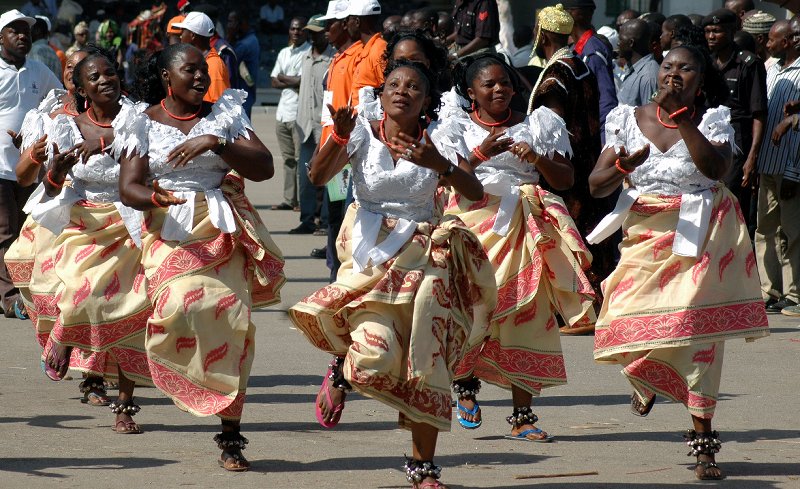Years after the Supreme Court nullified the customary practice of not according inheritance to female children by their family in Igboland, the lead justice in the case has explained the main reason for the decision.
Justice Bode Rhodes-Vivour, who retired from the Supreme Court on March 22 after clocking the statutory age of 70, revealed how he arrived at the widely hailed judgement, which tried to change the customary practice.
- 100 northerners leave Imo as 8 killed, 6 injured in fresh attack
FG plans new salary package for judges
In affirmation of an earlier ruling in August 2020, the Supreme Court held that the age-long tradition which denied females any inheritance from their fathers was discriminatory and contravenes Section 42(1)(a) and (2) of the Nigerian Constitution, 1999.
The matter was commenced by Gladys Ada Ukeje, the daughter of late Lazarus Ogbonna Ukeje in 2004 over her family’s decision to deny her inheritance in her father’s estate based on the Igbo native law and custom.
After she won at the high court, the widow of her father, Mrs Lois Ukeje, and her son, Enyinnaya Ukeje, appealed the ruling at the Court of Appeal – wherein the earlier decision was upheld. Thereupon, the family further appealed to the Supreme Court.

The decision was taken in 2014 by a five-member panel of justices – Walter Onnoghen, Clara Ogunbiyi, Kumai Bayang Akaahs, and John Inyang Okoro, while the lead judgment was read by Justice Vivour.
“No matter the circumstances of the birth of a female child, such a child is entitled to an inheritance from her late father’s estate,” he said.
“Consequently, the Igbo customary law, which disentitles a female child from partaking in the sharing of her deceased father’s estate is a breach of Section 42 and (2) of the Constitution, a fundamental rights provision guaranteed to every Nigerian,” he added.
Explaining the rationale for the judgment, Justice Vivour said the biblical injunctions in the following chapters: Number 27:7, which reads, “The daughters of Zelophehad speak right. Thou shall surely give them a possession of an inheritance among their father’s brethren; and shalt cause the inheritance of their father to pass unto them”
And Job 42:15 thus: “And in all the land were no woman found fair as the daughters of Job and their father gave them inheritance among their brethren.”
“Women are Heads of State in several countries. See our own Okonjo-Iweala. Once you give a girl education, she would achieve enviable heights. So, a girl child should be treated equally as the boy child,” he further explained.
Speaking about his personal convictions, Justice Vivour said: “Most articles I read about me, describe me as conversative. I think I am conservative. But what I know about myself is that I don’t know how to dance around the correct position of things; and people tell me that I say it as it is. That is how I know how do it. I don’t know how to go about bending what is so obvious. If it is obvious, you say it and get out of the place or you keep quiet. That is how I see it.”
He declared therefore that female children are entitled to an inheritance.
Justice Vivour also explained that we should no longer rely so much on the doctrine of judicial precedent because some of them do not make sense and may no longer serve the ends of justice.
He said some of those decisions are outdated and should be laid to rest and never followed, although stare decisis implies that judges must “stand by your decisions and the decisions of your predecessors, however wrong they are and whatever injustice they inflict.”
Justice Rhodes Vivour joined the bench as a judge of the Lagos State High Court on 18th February, 1994. He was elevated to the Court of Appeal in 2005, from where he joined the Supreme Court on September 16, 2010.

 Join Daily Trust WhatsApp Community For Quick Access To News and Happenings Around You.
Join Daily Trust WhatsApp Community For Quick Access To News and Happenings Around You.